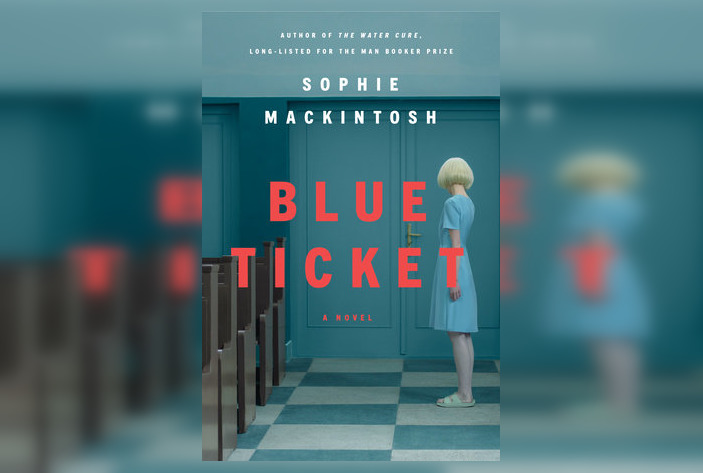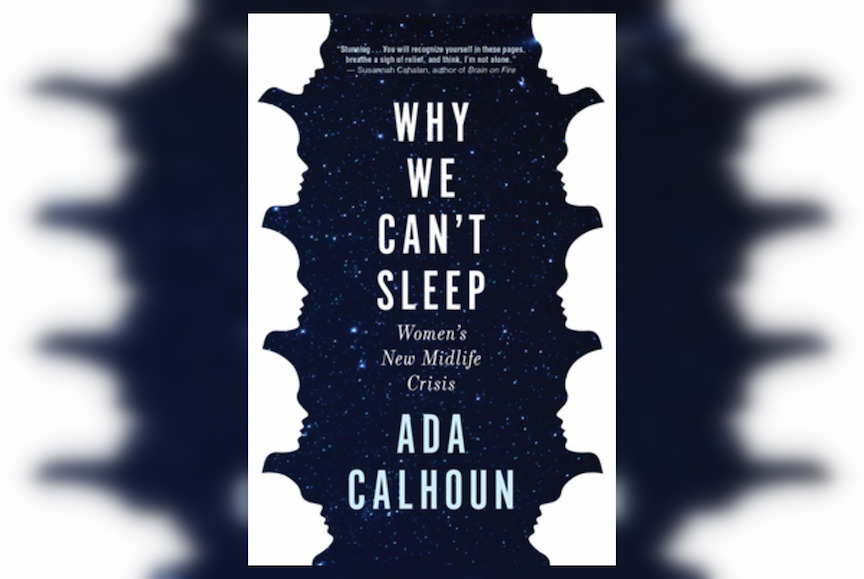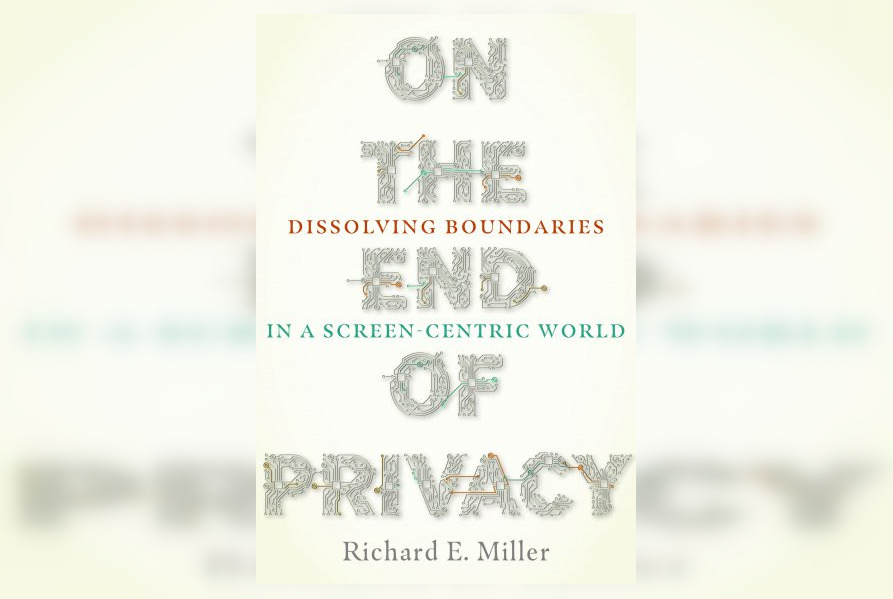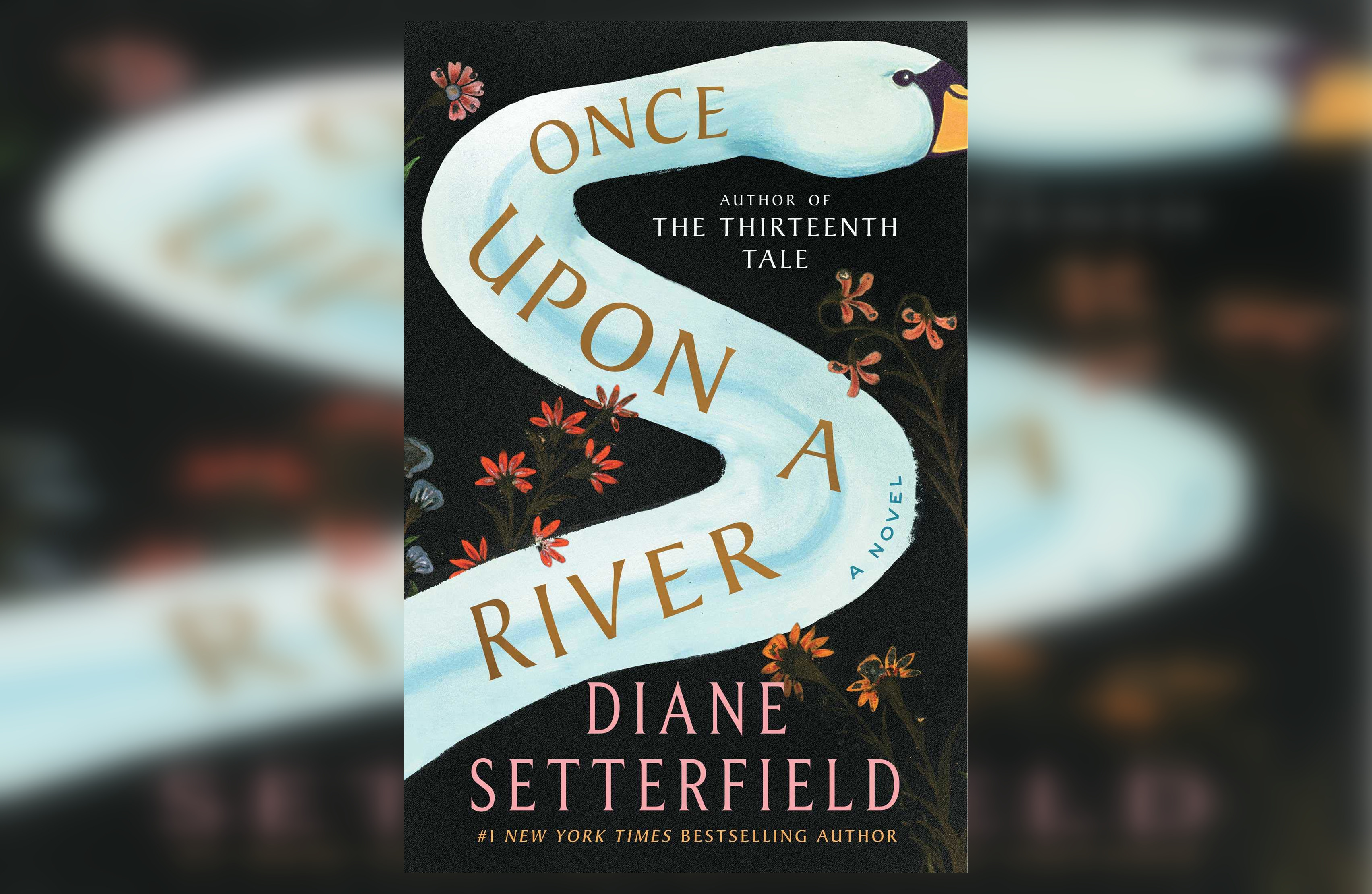What women do with their body is something that should rarely, if ever, be in the hands of anyone besides the woman in question. And yet, it continues to be a political debate in today’s supposedly modern world. In Sophie Mackintosh’s new novel, Blue Ticket, she takes the reader through a dystopian society in which women have “freedom,” except when it comes to one thing: the ability to have children. Through seven parts, reading like concise poetic vignettes, Mackintosh examines the nature of rebellion, the innate strength of motherhood, and the paradox of choice.
Upon menstruation, women are summoned to receive their ticket from the lottery, a ceremony that determines one of two life paths: white or blue, determining the fate of their motherhood or lack thereof. Calla, the novel’s perceptive narrator, draws a blue ticket, initially rejoicing in the fact that she’d been “spared” the fate of having to be a mother and looks forward to her life of “freedom.” As she grows older, she’s less bewildered by the world around her, not feeling as satisfied with her freedom and rather, starting to feel constrained by her lack of choice in a future. She begins having a strong, “dark feeling” within her body, a longing for something else, something to live for other than herself. She manually removes the mandatory contraceptive implant and sets out on a mission to get pregnant. When news breaks that Calla has violated the law, she’s given a pack of survival supplies and escorted to the outskirts of the city to quite literally fend for herself and her unborn child.
What is most notable about this dystopian world is how little the reader actually knows about it. Settings and characters are left purposefully vague, leaving the reader to experience this dreamlike-nightmare almost exclusively inside Calla’s mind. Through her adolescence, into adulthood, into the crime that sets her astray from society, we know only of the inner workings of her thoughts and feelings; everything else dims in the background, thus highlighting the all-consuming nature of being a woman who is told No, and trying anyway. It is discovered that the lottery is random, and not predetermined, resurfacing the psychological phenomenon of why humans feel the need to attribute meaning and purpose to all too often meaningless rules of society. Throughout the novel, Calla grapples with her ticket assignment, the fundamental Why Me. As Calla encounters a fellow refugee in the woods, a white ticket woman who didn’t want a child, and would have rather been a blue ticket woman, Calla meditates on what the difference is between her and the white ticket-ers. Mackintosh brings forward this essential question about the nature of rebellion, and the human desire to understand our assignments in life that seem too important to be randomized. As Calla embarks on her journey and faces numerous struggles of survival, she reflects on what it could’ve been that led her to receive a blue ticket and not a white ticket, the endless contemplation that comes with examining differences between you and the other. The suspense of her survival drives the book, propels it forward with those same questions: can she do it? The answer, of course, is yes. Calla’s narrative demonstrates the innate strength of motherhood, a power stronger than anything with a name, the ability to fight and survive for the one thing bigger than oneself, a new life. One of the most poignant moments in the novel comes right before Calla has her child. She breaks into a home where she sees a white ticket woman through a window, holding a newborn baby. When Calla breaks in, the woman is rightfully frightened, and instructs Calla to take anything, anything she wants, but not her child. Calla calmly tells her she doesn’t want anything, only to know what to do when she gives birth. She wants the advice, the reassurance she had never been given, something she had to break the law several times over, just to find out.
Mackintosh addresses certain biological tendencies that are ingrained in humanity, despite any level of “progress” made in modern society. We are always creatures of compassion and will for survival before we were anything else, and those attributes will always be in us. Examining the one facet of modern debate, a woman’s right to choose, I think Blue Ticket addresses that by saying, quite frankly: women will always find a way. Women will always be innately drawn to motherhood, whether that means having a child or not, they will always have a connection within themselves that no one else can understand, or regulate for that matter. Women will always find a way to overcome oppression and put everything first in the interest of their own rights and bodies.




